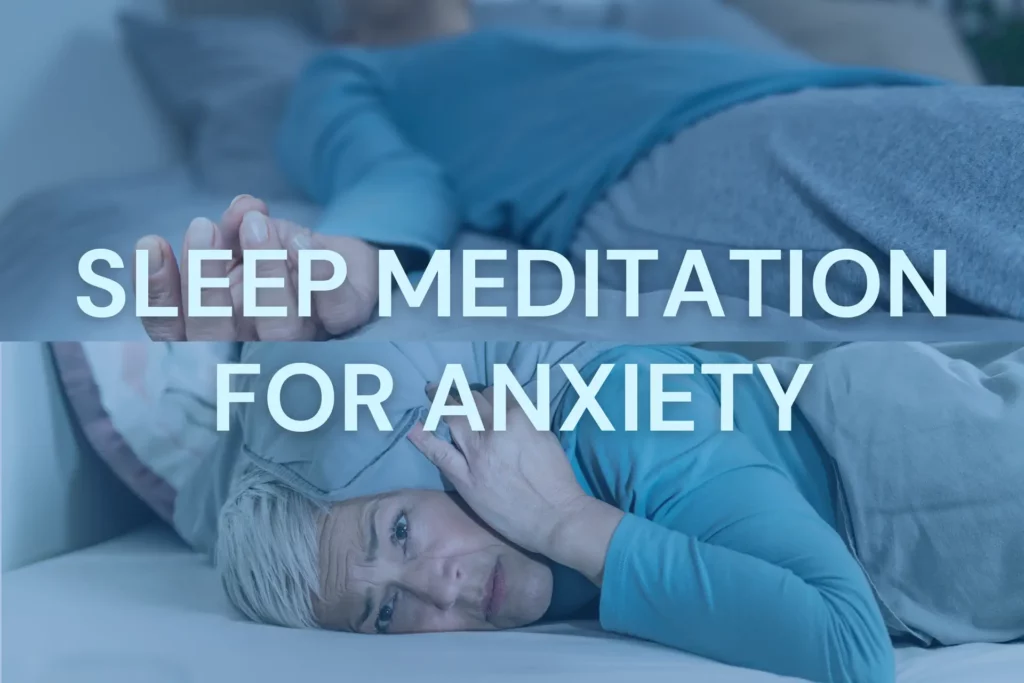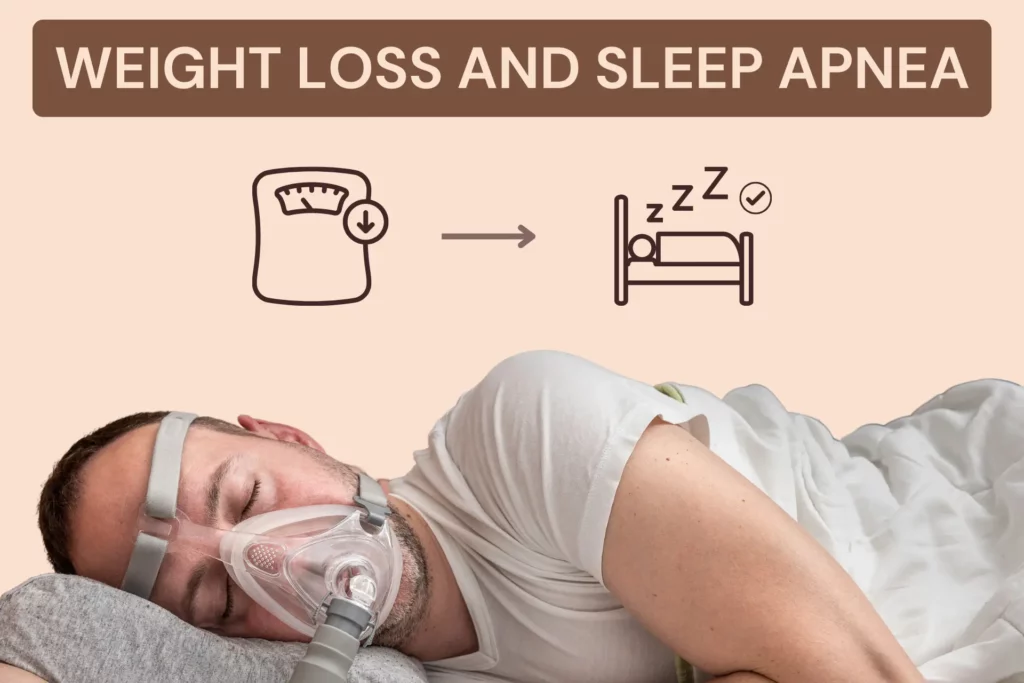If you use your smartwatch as a sleep tracker, you might have come across the term "core sleep" in its report. This term could be confusing since core sleep isn't a scientifically described sleep stage like REM (rapid eye movement) and non-REM sleep. So, what is your sleep tracker measuring? What does it mean for your health? Understanding why core sleep matters can help you optimize your resting patterns and improve your overall well-being.
Stages Of The Sleep Cycle
Here's a brief overview of the different stages of sleep as described by experts:
- Non-REM (rapid eye movements) stage 1 sleep: This is the lightest stage of sleep. During this stage, your body goes from wakefulness to sleep by slowing your breathing and relaxing your muscles. Brain waves slow down, and you become less aware of your surroundings.
- Non-REM stage 2 sleep: Body temperature gradually drops, heart rate slows, and memories consolidate. This sleep stage is one of the longest in the cycle.
- Non-REM stage 3 sleep (deep sleep): This stage features tissue repair, hormone regulation, and muscle growth. Brain waves, heart rate, and breathing slow down further.
- REM sleep: In the last stage of sleep, your heart rate and body temperature gradually rise. During this stage, you are most likely to experience vivid dreams.
What Is Core Sleep?
Core sleep is the initial phase of deep sleep that helps repair the body
This period of sleep is essential for your body's normal functioning.
It includes both non-rapid eye movement (NREM) and rapid eye movement (REM) sleep cycles.
Unlike a nap, core sleep is a 6-8 hour period of continuous sleep.
Core Sleep As Reported By Apple Watch
Your Apple Watch tracks your movements throughout the night, reporting on the time and quality of your sleep.
Apple's technology tracks mainly four stages of sleep:
- Awake
- Light sleep (also termed as core sleep)
- Deep sleep
- REM sleep
Scientists describe three stages of non-REM sleep, the third stage being deep sleep.
Your Apple Watch labels the first two light sleep stages as core sleep.
It helps ensure people don't assume light sleep is less important than deep sleep.
To prevent misunderstandings, they implemented the term' core sleep'.
Why Core Sleep Matters To Your Health
- Promotes physical restoration: Tissue and muscle damage are repaired with human growth hormone during core sleep, and the immune system strengthens.
- Memory consolidation: Sleep improves long-term learning, information retention, and problem-solving abilities.
- Mood regulation: Adequate sleep streamlines the release of neurotransmitters in the brain, reducing anxiety, irritability, and stress.
- Heart health: Quality sleep keeps blood pressure and stress levels in check. Insufficient sleep can disturb these balances.
- Increase longevity: Consistently getting sufficient sleep can positively impact your health in the long run.
Deep Sleep vs. Core Sleep: What's The Difference?
Core sleep is a broader period of the sleep cycle.
It lasts 6-8 hours at a stretch for most adults and helps the body function healthily.
Core sleep includes REM sleep and non-REM sleep.
Deep sleep is a stretch of non-REM sleep characterized by slowed brain, heart, and muscle activity.
During deep sleep, the body repairs itself and strengthens the immune system.
It also consolidates memories and regulates the release of beneficial hormones and neurotransmitters.
How Much Core Sleep Do You Need?
The CDC recommends at least 7-8 hours of sleep per night for those between 18 and 60
Nearly half of this time should be spent in deep sleep and the rest in lighter sleep stages.
Your exact core sleep requirement depends on your age and lifestyle.
Poor lifestyle factors like smoking or alcohol consumption can affect your sleep cycles, preventing you from getting enough core sleep.
Not Getting Enough Core Sleep
Core sleep offers several benefits, so not getting enough core sleep can start to offset your body's overall health.
- Constantly feeling tired: A good night's sleep refreshes you. If you're snoozing your alarms repeatedly, your body might need more core sleep.
- Brain fog: Difficulty focusing and remembering things due to a lack of core sleep strongly impacts your efficiency and focus.
- Feeling irritated: If you feel irritated and grumpy for no apparent reason, it might be because you didn't sleep enough the previous night.
- Daytime dozing: Feeling drowsy during the day, especially after a meal, indicates that you might not be sleeping well enough.
- Getting sick often: Sleep restores your immune system, so poor sleep can lead to more frequent infections like colds.
- Sexual dysfunction: Lack of sleep might cause sexual dysfunction and lower your libido.
That's why core sleep matters and why you should strive to get as much of it as you can.
How To Get More Core Sleep?
Sleep hygiene involves changing your environment and habits to get better core sleep.
Here's how to practice it:
- Make your bedroom calm and cozy: Creating a cool, dark, comfortable environment conducive to sleep helps release melatonin, a hormone that regulates your sleep-wake cycle.
- Limit your screen time: Blue light from screens within two hours of going to bed disrupts melatonin release, making it harder to fall asleep.
- Maintain a consistent sleep schedule: Sleeping and waking up at the same time every day, even on weekends, regulates your body's sleep-wake cycle.
- Have a wind-down routine: Warm baths, reading a book, and practicing relaxation techniques like breathing, meditating, or stretching just before bed can help you fall asleep faster.
- Be mindful of your diet: A heavy meal, greasy foods, caffeine, and alcohol before bed can disrupt sleep. Opt for light snacks instead.
- Seek help if you suffer from sleep disorders: Despite good sleep hygiene, sleeplessness might signal an underlying problem that a healthcare professional could help with.
FAQs About Core Sleep
What Percent Of Core Sleep Is Ideal?
The CDC recommends getting 6-8 hours of continuous sleep every night. This time limit can vary according to age, lifestyle, and disorders.
Why Is Core Sleep Important?
Sleep is essential for healing and repairing the body. While you sleep, your body focuses energy on regenerating tissues, regulating hormones, and consolidating memory. That's why core sleep matters.
Summary: Why Core Sleep Matters
- Sleep is essential for your overall health and well-being.
- Core sleep is a term that has been defined differently by sleep researchers.
- Some researchers define core sleep as an overall period of continuous sleep comprising both the REM and non-REM stages of sleep.
- On the other hand, the Apple Watch calls it the light stages of sleep core sleep.
- Either way, getting a good night's sleep is essential for tissue repair, cognitive functioning, and hormonal regulation.
- If you don't sleep enough, you might feel anxious, irritable, and sleepy throughout the day.
- Long-term consequences of getting less sleep include a poor mental state, increased susceptibility to infection, and reduced longevity.
Others Are Also Reading

Is Sleep Meditation For Anxiety Effective?

Could Weight Loss Be The Most Effective Treatment For Sleep Apnea?

Can Lack Of Sleep Cause Nausea? Know How To Prevent It
References
https://pubmed.ncbi.nlm.nih.gov/1637928
https://www.apple.com/healthcare/docs/site/Estimating_Sleep_Stages_from_Apple_Watch_Sept_2023.pdf




